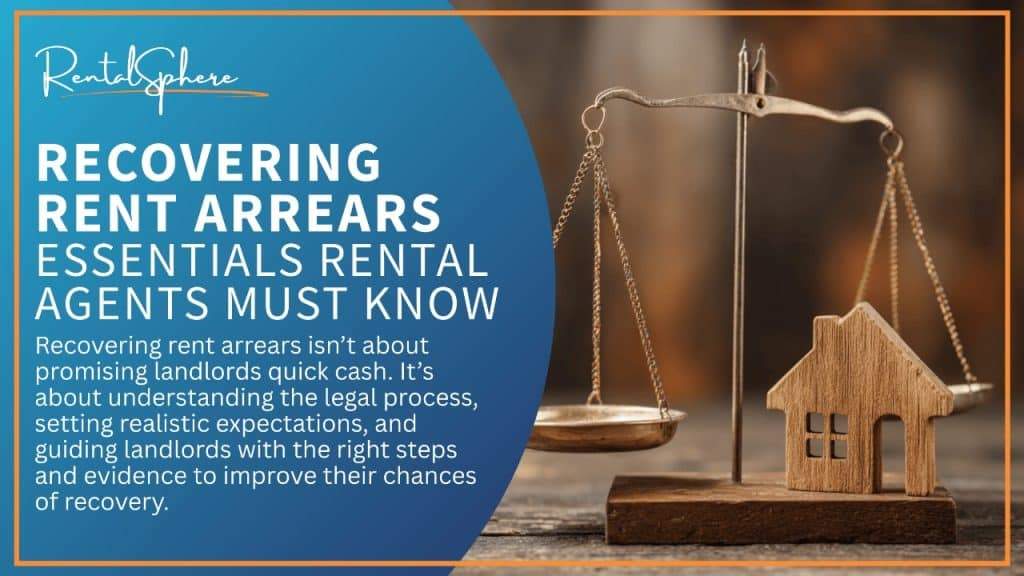Understanding South Africa’s Rental Housing Act is crucial for rental agents, landlords, and property investors. This cornerstone legislation governs residential rental properties and outlines the rights and obligations of all parties involved. Recently, our webinar broke down the Act, translating complex legal language into practical insights to ensure rental compliance. Here are the most important takeaways:
1. Historical Context and the Repeal of the Rent Control Act
The Rental Housing Act, introduced in 1999, replaced the Rent Control Act and eliminated outdated provisions, like the seven-day rent grace period. This shift emphasized creating clear standards for rental housing across South Africa’s nine provinces.
2. Tenant and Landlord Rights
The Act defines fundamental rights for both tenants and landlords that cannot be waived, regardless of lease terms. For tenants, this includes the right to privacy, protection from unauthorized home entry, and secure deposit handling. For landlords, rights include prompt rental payments and the right to get the rental property back in the same condition it was given to the tenant, save for fair wear and tear. Misunderstanding these rights often leads to disputes, so clarity here is essential.
3. Mandatory Inspections and Deposit Handling
The Act mandates joint inspections at both the beginning and end of a lease, emphasizing the importance of thorough documentation. These inspections are essential for determining the property’s condition and handling security deposit deductions accurately. Deposits must be kept in an interest-bearing account and can only be accessed at the end of the lease for verified repair of damages or unpaid charges. Failure to conduct joint inspections can nullify the landlord’s claim for damages, underscoring the importance of proper inspection protocols.
4. Rental Housing Tribunal and Dispute Resolution
Rental housing tribunals provide a structured process for dispute resolution, where tenants and landlords can address unfair practices, such as unauthorized property access or non-compliance with the Act’s terms. The tribunal can issue rulings equivalent to a magistrate’s court order, adding enforceable power to decisions.
5. The Importance of Written Leases
While verbal agreements are legally recognized, written leases are far more secure. A written lease protects both parties, defining clear terms and minimizing misunderstandings. The Act requires that certain non-negotiable terms, like inspection requirements and tenant rights, be included in every lease to ensure compliance.
Understanding these critical areas of the Rental Housing Act can help prevent costly disputes and ensure legal compliance. For those wanting a deeper dive, our Rental Housing Act Mastery Course offers a comprehensive breakdown with real-life examples, practical applications, and expert insights to guide rental professionals in South Africa.




